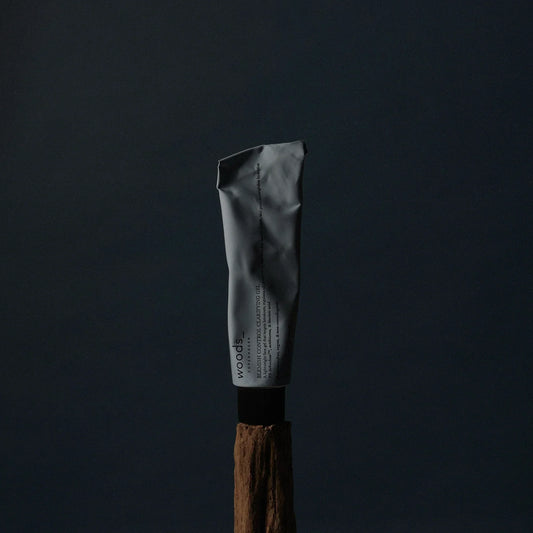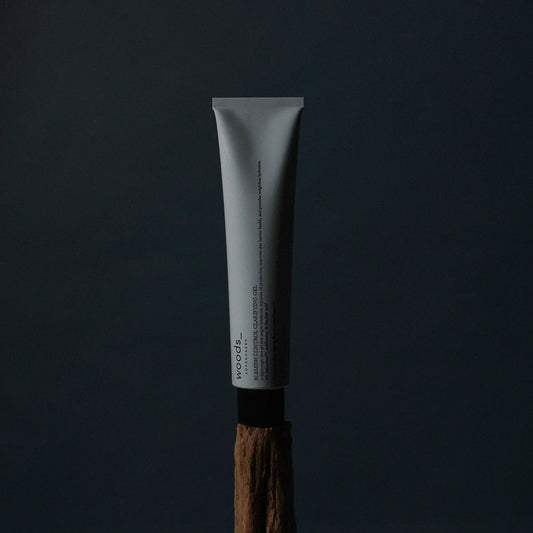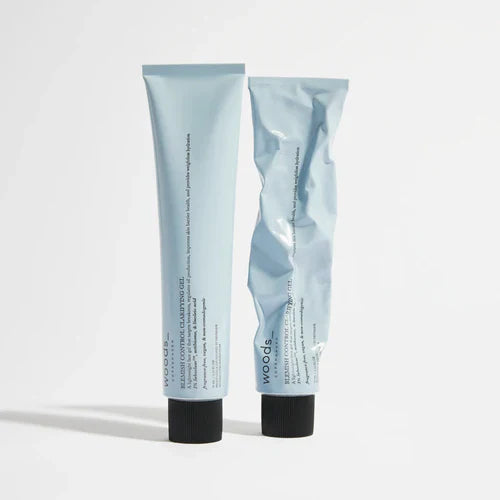Myth #1: Oily skin ages slower than other skin types
One common misconception about oily skin is the myth that it’ll age slower than other skin types and won’t wrinkle as easily due to the excess amount of moisture.
Though the continuous overproduction of oil can contribute to a smoother-looking appearance and help preserve the skin’s texture, oily skin ages just the same as other skin types. When it comes to aging signs, extraneous factors can play just as much a role in how your skin develops as our innate, genetic skin type. These include the environment we expose our skin to, pollution, our skincare procedures and products, diet, and overall lifestyle choices. So, consider this myth busted.
Some of our favorite products that help minimize and prevent premature aging signs include:
Myth #2: Oily skin is the result of poor lifestyle habits
Don’t be too quick to blame yourself for your skin’s appearance and behavior. Oily skin can just as well be a genetic skin type, meaning, you guessed it, signed at birth.
Some will also experience that their skin’s reactions are tied to hormonal fluctuations, and to oily skin types, this means it’ll influence the oil production in the skin. So, while it’s not entirely wrong that your lifestyle choices definitely can have an impact on your skin’s health, how it acts and looks isn’t always in your power. Try to balance your meals, catch lots of Zzz’s, and remember to reserve a room in your calendar for designated me-time.
These are small yet vital steps for our and our skin's overall health. And most importantly, don’t be hard on yourself because your skin is acting up – instead, turn your energy towards the things you can control, like your skincare routine and the habits that make you truly happy.
If you do experience recurring impurities, you can learn more about how to combat them and get to know your skin’s signals even better in our blogpost The Breakdown of Breakouts: Dos & Don’ts.
Fortunately, there’re products that can help stabilize your skin’s oil production while counteracting breakouts. Some of our staples include:
Myth #3: You should exfoliate and cleanse more often
Not necessarily. Sebum, an oily substance produced naturally by the skin’s sebaceous glands, is there for a *very* important reason. It works as a protective substance, helping to keep the skin hydrated and protect it against extraneous threats like pollution and infections.
Therefore, it’s essential to not strip your skin of this natural oil by over cleansing, as this action can disrupt your skin’s natural balance and barrier, leaving it weaker and more prone to damage.
Moreover, cleansing your skin too often can actually have the opposite effect of the intended, as stripping your skin can trick your skin into thinking that it’s not producing enough oil to sufficiently protect the skin – leading to an increase in the sebum production. So, you can imagine how that one goes, right? You’ll be right back where you started.
So, while it can definitely make sense to cleanse your skin 1-2 times a day (at most) and exfoliate 1-2 times a week to rid your skin of death skin cells, grime, and build-up, it has to be done in moderation. We promise, aggressively over-cleansing your skin will just contribute to worsening the issue.
Oh, and do your skin a favor and always opt for natural cleansing actives, which will gently lift away build-up without stripping the skin and disturbing its natural processes. If you have oily skin, we’d advise you use a water-based cleanser like our Daily Foaming Cleanser with 100% natural cleansing actives, cooling cucumber extract, and protective aloe vera.
Sources:
“What Is Sebum and Why Does It Build Up on Skin and Hair?” by C. Pedroja, medically reviewed by C. Cobb, 2023. Healthline.com.
Related Category
More posts
-
Adult acne: from cause to treatment
While many associate acne and blemishes with the turbulent teenage years, the reality is that many adults continue to grapple with breakouts well into their 20s, 30s, and beyond. But...
Read more -
Skincare for teens: a step-by-step guide
Navigating skincare as a teenager (or honestly, just as much as an adult) can feel like a maze. In this digital age, we’re constantly flooded with the newest trends and...
Read more -
Introducing: blemish control clarifying gel
Breakouts are one of the most common skin concerns, affecting people of all ages and skin types. And when it comes to treating blemishes, striking the perfect balance can be...
Read more
- Choosing a selection results in a full page refresh.
- Opens in a new window.




